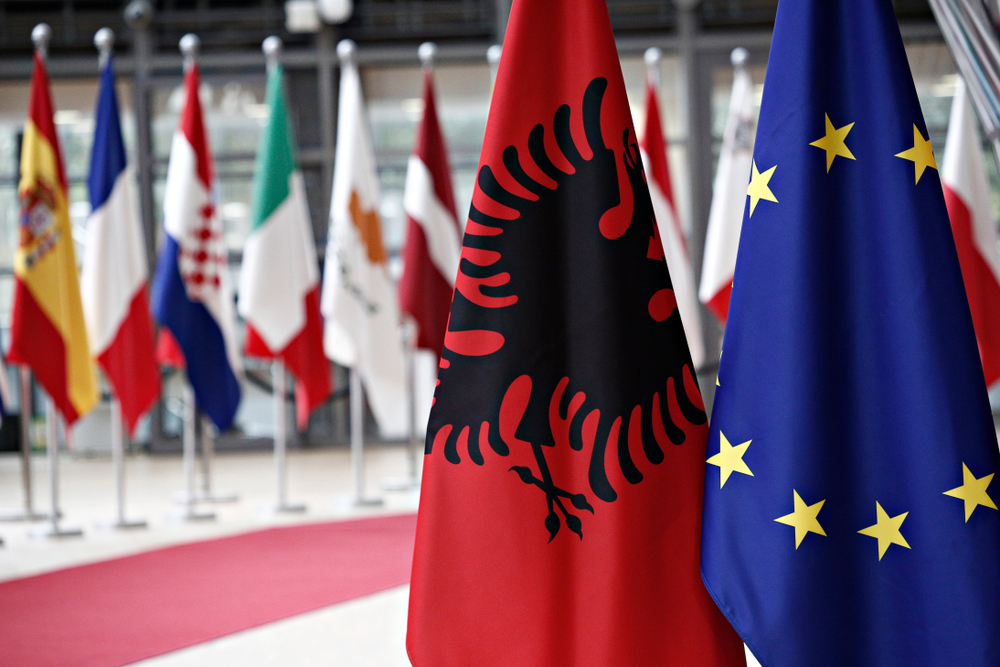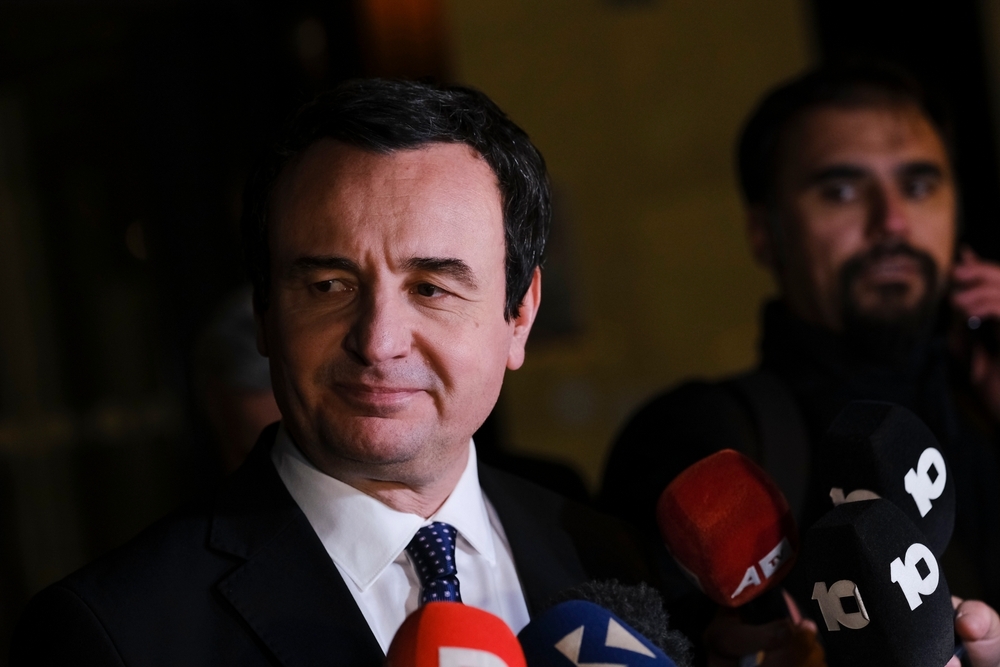The state of progress of regional policy in the European integration process of Albania
Brief analysis on the progress of Chapter 22 in the negotiation process between the European Union and Albania, which is called "regional policy and coordination of structural instruments"

Lo-stato-di-avanzamento-della-politica-regionale-nel-processo-di-integrazione-europea-dell-Albania
© Alexandros Michailidis/Shutterstock
Albania’s path towards the European Union began in 1995, with the first application to become a member state. However, this was considered premature and was therefore rejected by the Union. The second application was submitted in April 2009 and the country was granted candidate status in June 2014, while accession negotiations, together with those of North Macedonia, began only in July 2022. Together with Montenegro, Albania is the country that has made the greatest effort in recent years to impress the European Union in order to speed the accession process.
For the purpose of this brief analysis, the state of progress of Chapter 22 in the negotiation process between the European Union and Albania, which is called "regional policy and coordination of structural instruments", will be considered.
Chapter 22 screening in Albania’s accession process
Albania has not yet had any clusters of thematic chapters opened in its accession negotiations with the EU. However, some clusters have been considered in the “explanatory” and “bilateral” screenings, which are steps prior to the opening of chapters. Namely, Cluster 5, which contains Chapter 22, was subject to an explanatory screening in July 2023. At this stage, the European Commission explains to the future Member State what the chapter is about in terms of what its “legislative alignment and administrative capacity adjustment” should be.
The European Commission’s progress report on Albania’s accession process, published in November 2023, states that “Albania is moderately prepared regarding regional policy and coordination of structural instruments” and that there has been “limited progress” over the previous year.
In particular, the Commission welcomes the enactment of the law of July 2022 establishing the National Committee for Regional Development and Cohesion, under the responsibility of the Office of the Prime Minister of Albania. The same law divided the territory into four development regions, each in turn divided into three counties.
The Albanian Development Fund (ADF) is the body responsible for implementing the Law. Specifically, the Fund must draw up and manage a national plan for regional development, as well as the plans for the four development regions. In this regard, however, the European Union recalls that the dialogue on regional policy should be strengthened, making it more inclusive and improving coordination between ministries and local governments.
Other recommendations from the European Union concern “administrative capacity”. More specifically, the report argues that staff of bodies responsible for the “indirect management” of regional development policy should continue to receive training, especially if they are new to managing EU funds. Furthermore, strengthening human resources with an adequate staff retention strategy should remain a central objective.
The report highlights how Albania is continuing its journey of gaining experience in regional policy also thanks to transnational and interregional cooperation strategies, such as the “EU strategy for the Adriatic Ionian Region ” (EUSAIR).
Ultimately, despite the “moderate satisfaction” expressed by the European Commission, the work that still needs to be done regarding regional policy in Albania is very extensive in terms of legislation, institutional framework, administrative capacity, programming and financial management, control and audit.
—
This publication has been produced within the project "EU Cohesion Policy Programming: Chapter 22 Exchange Programme in Albania and North Macedonia", financed by the CEI Fund of the European Bank for Reconstruction and Development (EBRD) with the contribution of Italy. The CEI Fund is in no way responsible for the information or views expressed within the framework of the project. The sole responsibility for the contents lies with OBC Transeuropa









